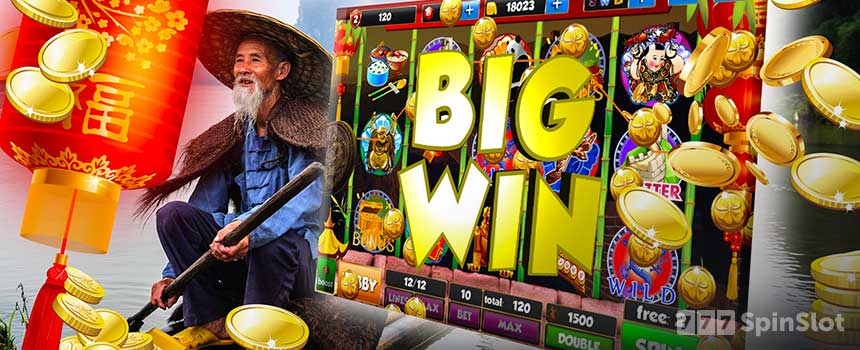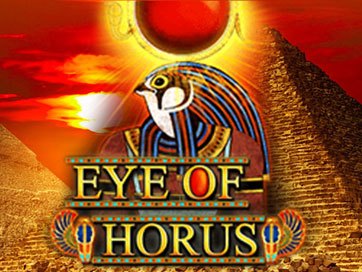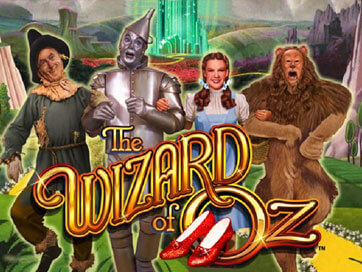-
Bonuses
- £5 Minimum Deposit Casino UK
- Free £5 No Deposit Casino 2024
- Free £10 No Deposit
- £15 Free No Deposit Casino
- £20 Free No Deposit Casino 2024
- No Deposit Bingo
- 20 Free Spins
- No Deposit Keep Winnings UK
- 50 Free Spins
- 100 Free Spins
- 200 Deposit Bonus
- 300 Deposit Bonus
- 400 Deposit Bonus
- 500 Deposit Bonus
- First Deposit Bonus 2024
- Welcome Bonus
- Casino Bonuses
- Bingo No Deposit No Card
- Bingo No Deposit Casino
- Bingo No Deposit Bonus
- Casino Bonuses Guide
- Best Casinos
-
Best Online Slots
- Slots For Fun
- New Slots 2024
- All Slots
- Free Bonus Slots
- Free slots no download
- Video slots
- Online slot machines
- Mobile Slots
- Pay By Mobile Slots
- No Wagering Free Spins
- Coin Master Free Spins Link Today New
- Enjoy Free Spins with No Card Details Needed 2024 in UK
- Coin Master Rare Cards List
- Free Online Scratch Cards
- Slot Volatility
- Win Real Money
- Apps
- Payments
Learn Breathtaking History of Gambling in China

The history of gambling in China is extremely fascinating because gambling was invented in ancient times. As a matter of fact, gambling is believed to have started in Ancient China and then eventually covered the entire world. Gambling is an important part of our history as modern humans and exists in every corner of the Earth. Everyone accepts the definition of gambling as a risk took in exchange for something of bigger value. This article covers the most important aspects of the Chinese gambling history.

Early Chinese History
Keno, a very popular game today, was first played by some Chinese people around 4,100 years ago. In addition to this, many of the most featured card games like poker or blackjack are thought to have been played for the first time in China. Gambling has actually been banned for long periods of time or simply under very strict regulatory controls and despite that, it has always been popular.
As of 2016, China’s government allows people to play lottery games if they are approved and 95% of the country’s cities are full of them.
As you might expect, gambling started as a form of entertainment in ancient China. Games of chance with wagering were introduced when Xia (1900-1600 B.C) and Shang (1600-1027 B.C.) dynasties were thriving. Historians believe that wagering was already very popular among high-class segments of the Shang society.
Many ancient Chinese rulers actually believed that gambling would generate some serious social issues if it turned into an obsession. All of types of gambling were often associated with secret societies, drugs, illegal triads, and corruption. Hence, gambling has been under very strict regulatory ban and, often, ban throughout the most of China’s gambling history.
When gambling was legalized it was mainly for the profit, as it generated huge revenue for the government. Since no one forces people to gamble, it was seen as a good way to get money from the citizens.

Post Shang Dynasty Era
After the Shang dynasty, the Sprind period followed, as well as the Autumn. These are names suggested by historians for the period betweed 780-476 B.C. During that time, everyone gambled, from nomads to officials. Chinese simply loved gambling and the variety of games increased tremendously. The enhanced economic conditions, especially in big cities, fueled this new proliferation of wagering and gambling. During the next hundreds of years till the birth of Jesus Christ in year 0, gambling actually spread from cities to the countryside and many Han imperial officials were punished for overindulging in wagering. The entire cultre grew enormously during that period.
The First Social Disorder
There first years A.D. were marked by the specialized gambling organizations, especially in the Tang dynasty (A.D. 617-908). Such organizations allowed players to gamble in a venue which provided security and heavy action, causing dissatisfaction and huge social disorder among the Chinese. Further on during the Northern Song dynasty (A.D. 950-1128), gambling proliferated as it underwent commercialization again, different gambling games being invented as well.

More and more Chinese started to treat gambling-related activited as some form of livelihood, indulging in the use of various deceptive ways to win.
The mahjong we know today was first called ‘Xuan He Pai’, a game which represented the basis of the modern-era version and was invented during the Southern Song dynasty (A.D. 1130).
Read also: A Brief Analysis of Eastern Europe’s Online GamblingMiddle Ages
From Ming to Qing dynasties (A.D. 1489-1911), gambling flourished and despite several bans it made even rich people invest in such activites. Some people saw it as a highly profitable profession. In addition to this, many officials themselves were involved in gambling and some were tempted by immense monetary gains, thus became corrupt and collaborated with triads that were deeply involved in illegal gambling activites.
The end of Qing dynasty showed a Chinese gambling world concentrated in areas such as Fujian and Guangdong. From that point until the moment when the People’s Republic of China was created in 1949, the modern casinos were just starting to being formed.
Contemporary Chinese Gambling History

Many entrepreneurs who were working in the gambling sector started bringing new games from other continents to fullfill the great demand of desires. The war between 1930 and 1940 brought a legalization of gambling in places like Shanghai, but that was because Japanese were controlling that area.
The next couple of years were marked by another ban and all gambling businesses and activities subsided. It was a major blow.
Today, people in China can only play lottery games which are approved by government.
Today’s Gamblers

Legal loterries are available in most Chinese cities, Macau, Singapore, Taiwan, and Hong Kong. Chinese gamblers love horse racing betting and every week the wealthy go to Hong Kong or Singapore to gamble in international waters.
Macau has become Asia’s Las Vegas and has overtaken Nevada’s city as the largest gambling city in the world today. There are more than 17 types of games in Macau’s casinos and in 2008 alone 23 million visitors crossed its borders to see the new wonder in this industry.
Gambling in Macau’s casinos generated 28.33 billion U.S. dollars in 2015. China’s history is amazing and gambling has always been something very popular among its citizens. Macau is expected to grow even larger as well as other cities in mainland China – provided the communism will become capitalism.


Try out our Real Money Slot Machines











